Precision Ceramic/Metal Injection Molding Solutions for Medical Applications
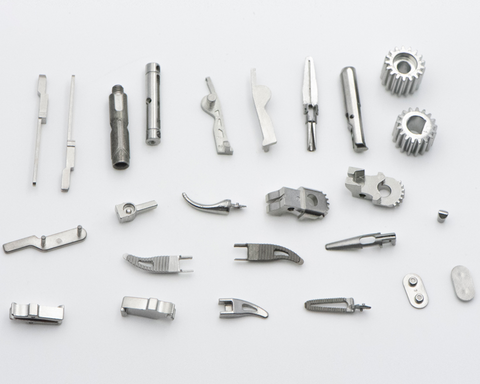
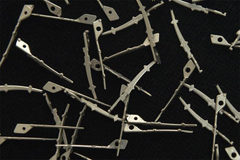
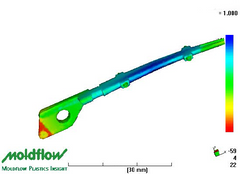
Our MIM lightweight material, titanium alloy, has high specific strength, excellent biocompatibility and corrosion resistance. We use titanium injection molding to produce surgical forceps for medical device companies with uniform density, good smoothness, and high dimensional accuracy of 0.001mm. , after sintering, the surface roughness can reach Ra 0.80~1.6μm, achieving a slim structure at the end, and its biocompatibility and corrosion resistance are very good.
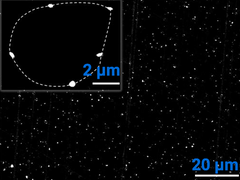
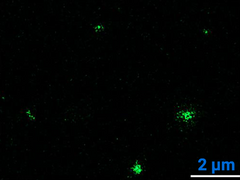
MIM Supplier uses silver-containing 316L stainless steel made by powder metallurgy to solve the engineering problem of silver-iron incompatibility. The microstructure shows that silver nanoparticles are uniformly distributed in the stainless steel matrix, resulting in good broad-spectrum antibacterial properties.

Our injection molding engineers only add trace amounts of silver, which does not affect the performance of stainless steel, does not increase the cost of stainless steel, and creates different grades of antibacterial stainless steel.
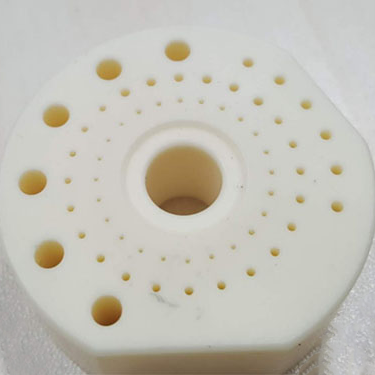
We use specially formulated precision ceramic powder to produce the blood separation valve. After high-temperature sintering, we ensure the superiority of the ceramic product. The hole position is precise, the hole wall is smooth, no liquid is retained, and it is easy to clean. Ceramic injection molded products are resistant to acid and alkali corrosion and wear, are chemically stable, and are not repellent to the human body. Therefore, more and more medical equipment and components use ceramic materials to replace traditional stainless steel, titanium alloys and other materials.
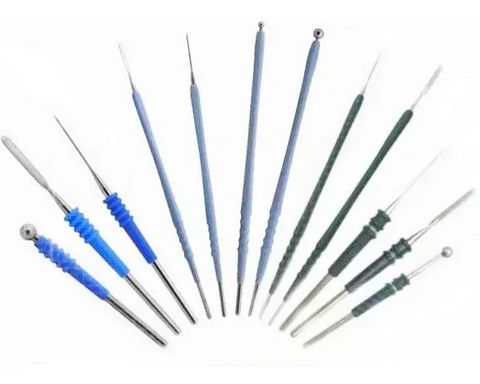
High-frequency electrosurgers produced by injection molding of zirconia or alumina are used in conjunction with high-frequency generators for tissue cutting, separation, blood vessel clamping to stop bleeding, and tissue coagulation in various clinical open surgeries. It can greatly shorten the operation time, reduce blood loss and blood transfusion, and reduce patient pain, complications and operation costs. High-frequency electrosurgical surgery has high hardness, wear resistance, good mechanical strength, high temperature resistance, chemical corrosion resistance, electrical insulation, low thermal expansion, and smooth surface.
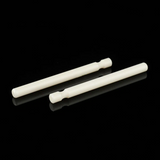
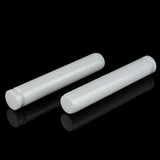
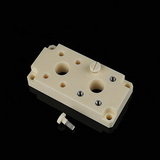
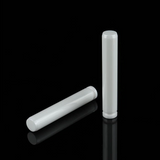
We offer ceramic structural components in Aluminum Oxide (95% - 99.99%), ZTA, Silicon Carbide and Zirconia, click the to learn more.